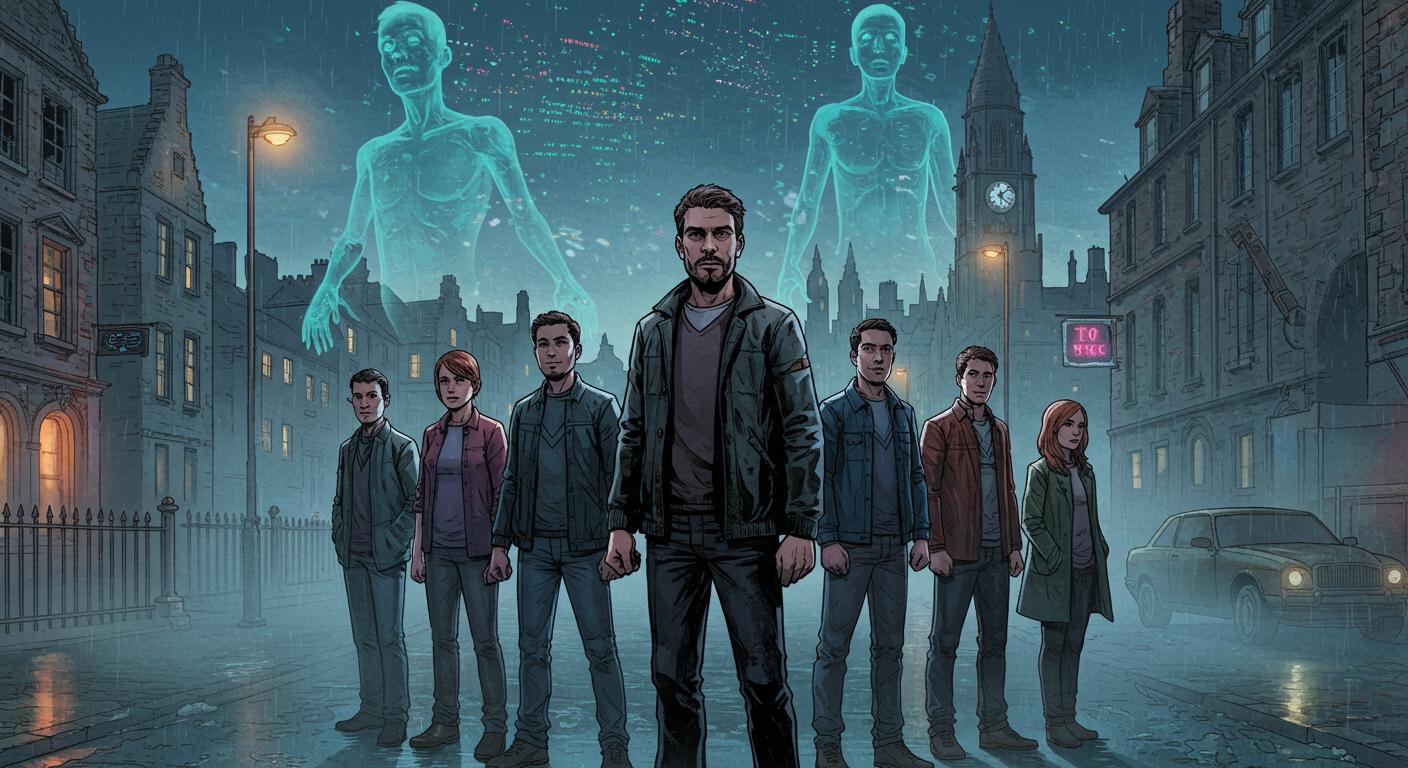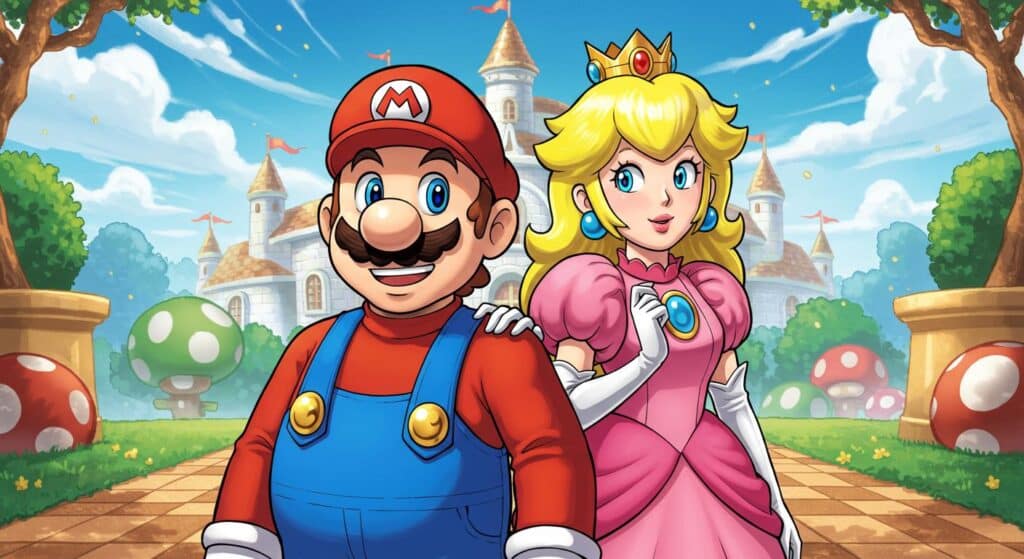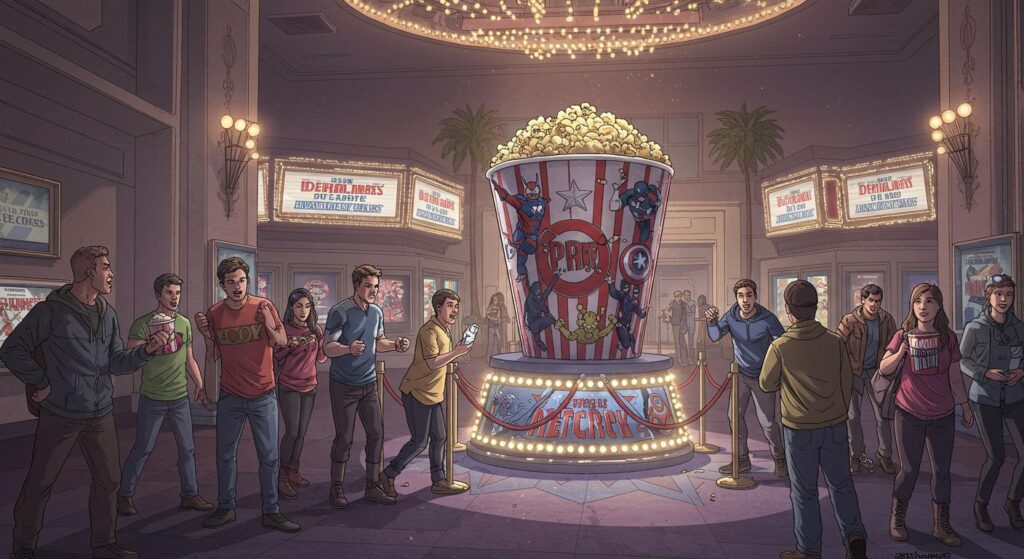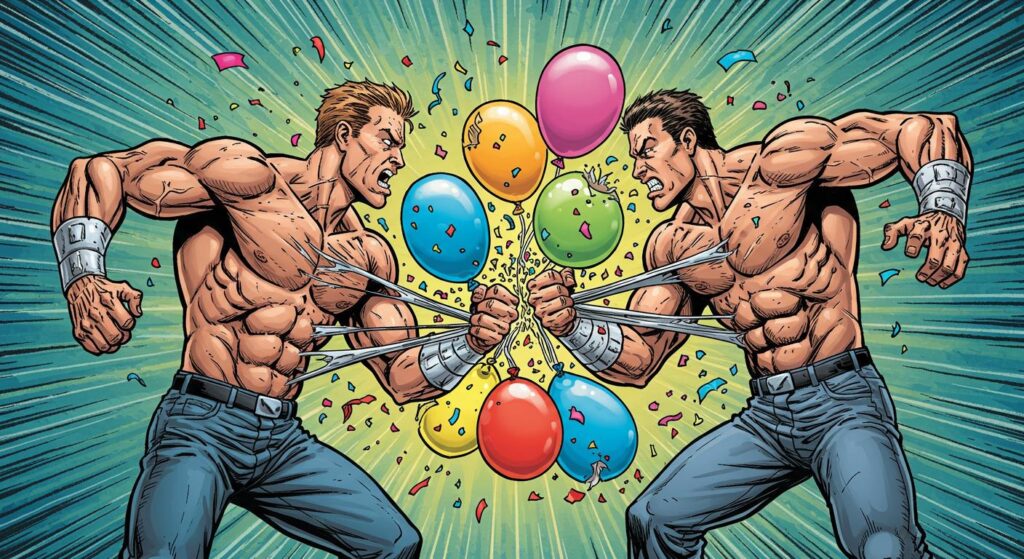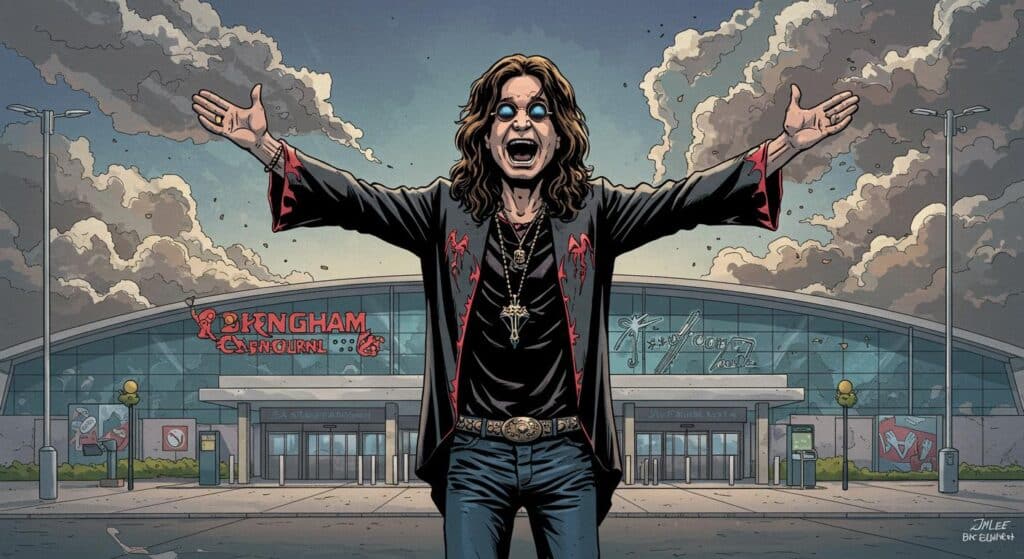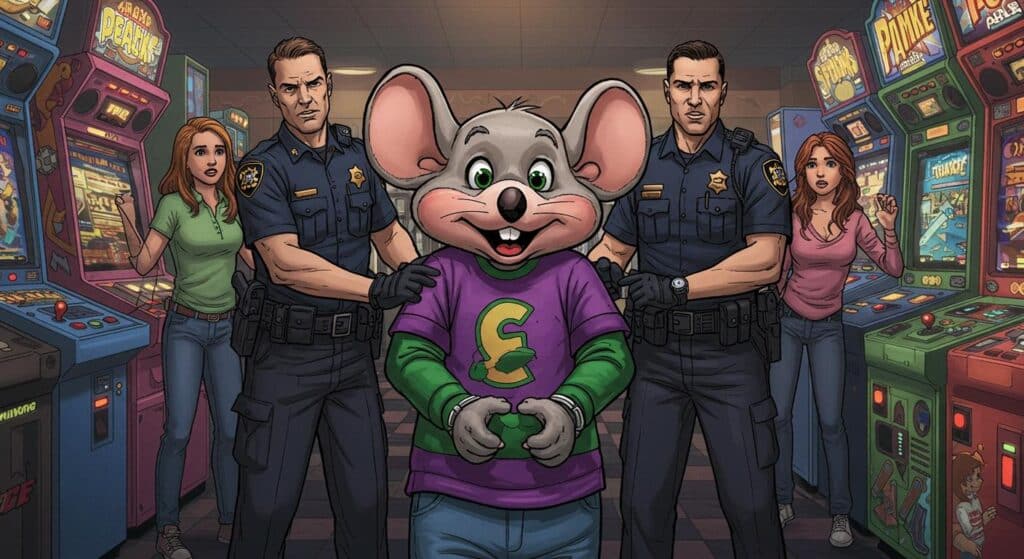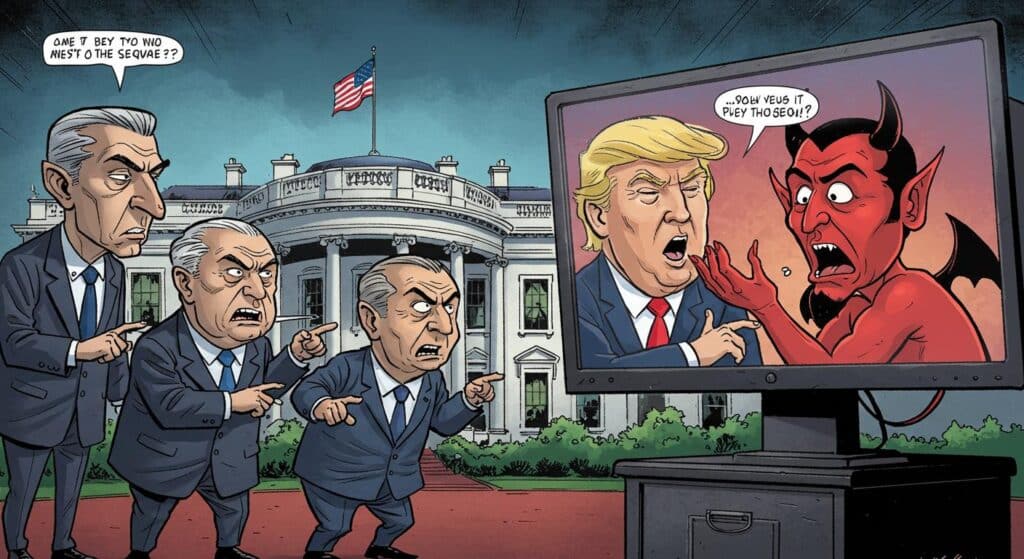There’s a certain delight in those moments when reality outpaces satire—when a game studio called “NoCode” announces, without a wink or a nudge, that it’s finally hired coders. According to Video Games Chronicle, the Scottish developer of “Stories Untold,” “Observation,” and the upcoming “Silent Hill: Townfall” has officially rebranded as Screen Burn. Why? As founder and creative director Jon McKellan put it with understated Scottish candor, “We have coders now!” The name “NoCode” made sense for a tiny operation built on limited programming, but now the team has, quite literally, outgrown the joke.
From NoCode to Screen Burn—A Mark of Growth
Screen Burn’s choice of name isn’t just about newfound technical skills. As both Gematsu and GamesIndustry.biz report, the rebrand aims to evoke “the ghost of an image burned into an old CRT screen.” McKellan explained that after starting as a two-person outfit in Glasgow in 2015, growth necessitated a new name, one that would better capture “the imperfect feel of old technology and the lasting impact of a story that stays with you long after the credits roll.” NoCode was a nod to their minimalist beginnings; Screen Burn reflects both the haunting persistence of vintage visuals and the memory-driven nature of the stories they want to tell.
Gematsu also notes that Screen Burn is continuing work on “Silent Hill: Townfall,” co-developed with Konami and Annapurna Interactive. The choice of new moniker seems particularly attuned to their ongoing project, which is itself about lingering effects—whether of trauma, technology, or, perhaps, game studio puns.
Silent Hill: Townfall—Still Haunting the Pipeline
Despite periods of near silence about “Silent Hill: Townfall”—enough for fans to worry privately in darkened forums—development is still rolling along. As documented in GamesIndustry.biz, after the initial 2022 announcement trailer and subsequent release date vacuum, Annapurna Interactive issued apologies and reassurances in late 2024 amid broader company turbulence, confirming that what began under NoCode would continue at Screen Burn.
In a detail covered by NotebookCheck, Studio founder Jon McKellan has a personal connection to the series, having played the original “Silent Hill” on the PlayStation back in 1999—a fact that might encourage those hoping for authenticity. He described the opportunity to make Townfall as “a real honor for us to bring a new title to this series that both respects the source material but also does something a little bit different with it.” For curiosity seekers, details remain sparse: only a brief trailer, a handful of images, and passing hints suggesting a first-person angle and a possible 1980s setting. Some in the community speculate this could mark Townfall as a prequel, but as McKellan wryly hinted, it might just be “worth watching that trailer again and see what you might have missed.”
Imperfect Technology, Lasting Impressions
There’s something fitting about a studio’s identity being shaped by technological imperfections. What started as a tongue-in-cheek admission—no code here—has evolved into a studio leaning into the persistence and quirks of old hardware, even as their own capabilities grow. The Irony Department is working overtime: a studio that once wore its lack of coders as a badge now highlights the indelible mark a story can leave, just like a faint burn-in on a CRT after too many late-night marathons.
Screen Burn’s path from fledgling, code-lite indies to officially staffed developer is more than a funny headline. It’s a reminder that creative voices, much like half-erased video ghosts, don’t really disappear—they just change shape. Is there risk in growing up, bringing in more tech, and moving past your name’s own limitations? Inevitably. But in the indie game world, where nostalgia, experimentation, and personal passion often intertwine, maybe there’s always room for a little charming imperfection—now with a touch more code embedded in the mix.
One wonders: will the transition from “NoCode” to “Screen Burn” change the games themselves, or just how they’re remembered? For all their growth, it seems there’s still some value in an image that lingers, even after the lights go out.

